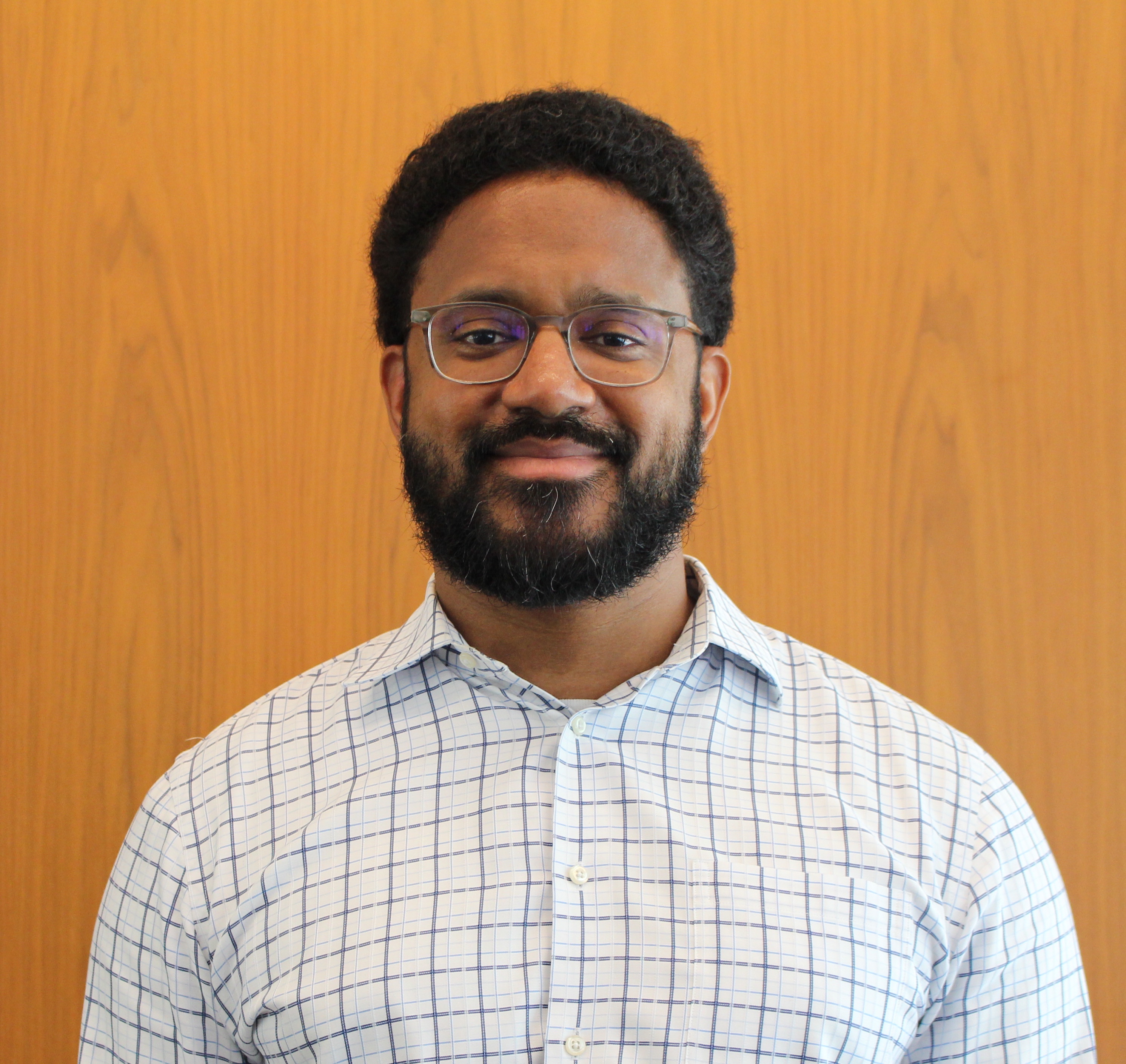
Arthur Clement is a historian of science and intellectual historian of Modern Europe. He specializes in the trajectory of secularity in nineteenth-century France, the engagement between science and religion, and history of the human sciences. His dissertation, entitled “Secularity and the Institutionalization of the ‘Sciences of Religion’ in Early Third Republic France,” examines the introduction of the study of religion as a replacement for theology in university education and what the new disciplinary configuration reveals about the historical conception of laïcité. The project also sheds light on how the meaning of laïcité, which does not simply mean the subtraction of the religious, as in English, is itself a reflection of developments in the long trajectory of secularity in France. His current research project investigates whether common factors prompted European thinkers after the 1830s to became convinced that there was little humans could do to alter the Earth’s stable climate and that the races of the human species were fixed.
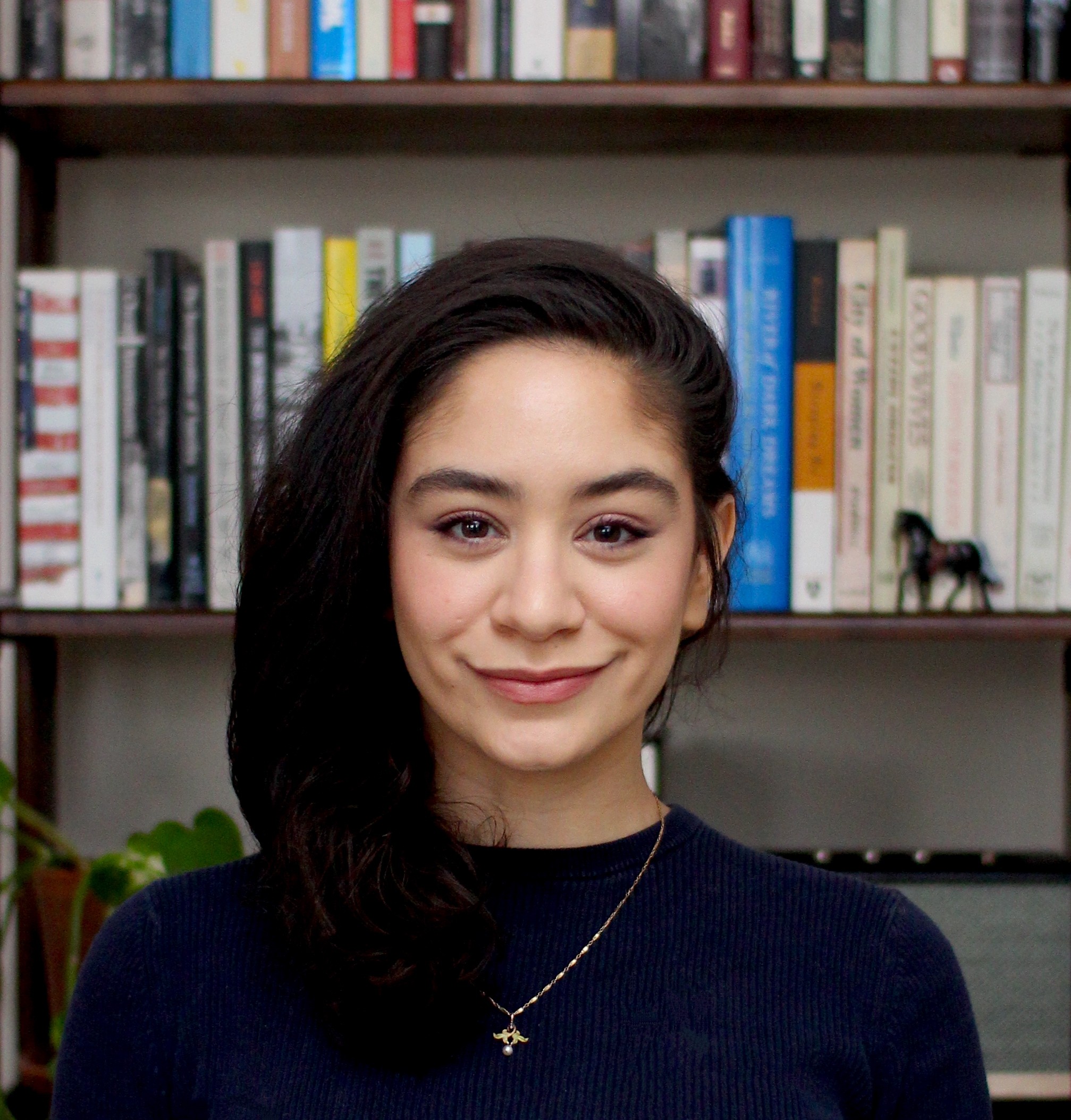
Evelyn Kessler is a historian of the United States, with research and teaching interests that include the history of ideas and ethics, law, bodies, political economy, and visual and material culture. Her book project is a history of consent in American life.
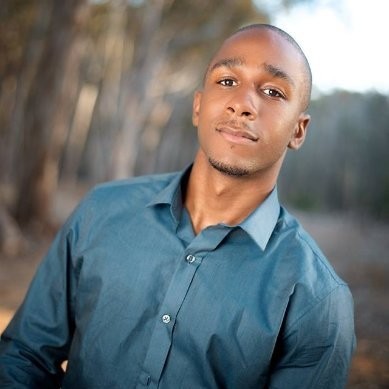
Caine Jordan specializes in the History of Medicine and African-American history. Focusing on African American physicians in the Jim Crow North, his first project examines obstacles to their professional advancement, their development and use of counter-institutions for professional and patient advocacy, and their creation of public health outfits for the distribution of care to disadvantaged communities. Specifically, it considers the desegregation of the American Medical Association (AMA) through efforts by National Medical Association (NMA) officials, and public health clinics addressing narcotic addiction and lack of access to hospital care. He earned his doctoral degree in History (2024) at the University of Chicago.

Nic Johnson is a postdoctoral Teaching Fellow in the Law, Letters, Society program. His research sits at the intersection of political economy and intellectual history. His dissertation book project, titled American Keynesianism, recounts the story of how mainstream economics was invented at postwar MIT, funded by the military industrial complex, and how changing patronage networks at MIT after the Vietnam War led, not to the death of Keynesianism, but its rebirth from within the IMF-Fed-Wall Street complex. His second book project is a longue durée history of sovereign debt, the fiscal military state, and monetary policy. His teaching interests include twentieth century American history, modern and early modern economic history, and the history of political philosophy and political economy.
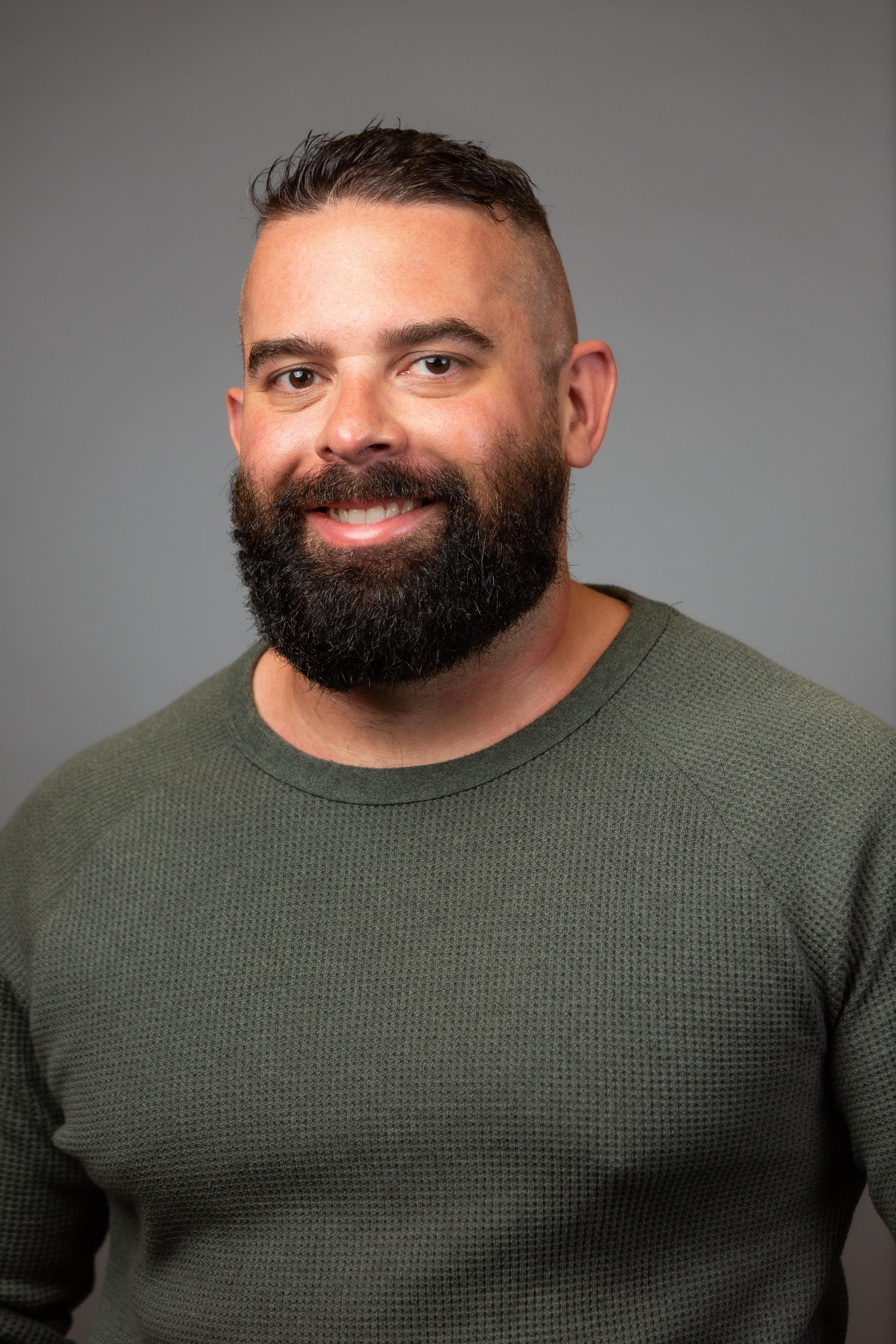
Samuel Fury Childs Daly joined the University of Chicago in January 2024. A historian of twentieth century Africa, his research combines legal, military, and social history to describe Africa's history since independence. His recent book, A History of the Republic of Biafra: Law, Crime, and the Nigerian Civil War (Cambridge University Press, 2020), connects the crisis conditions of the Nigerian Civil War to the forms of crime that came to be associated with Nigeria in its wake.
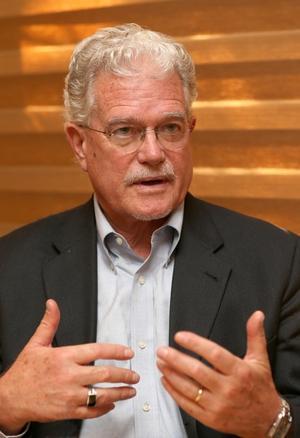
Prof. Cumings has retired and no longer directs BA theses or accepts new graduate students.
Bruce Cumings's research and teaching focus on modern Korean history, twentieth-century international history, US–East Asian relations, East Asian political economy, and American foreign relations.
Learn more about Prof. Cumings here.
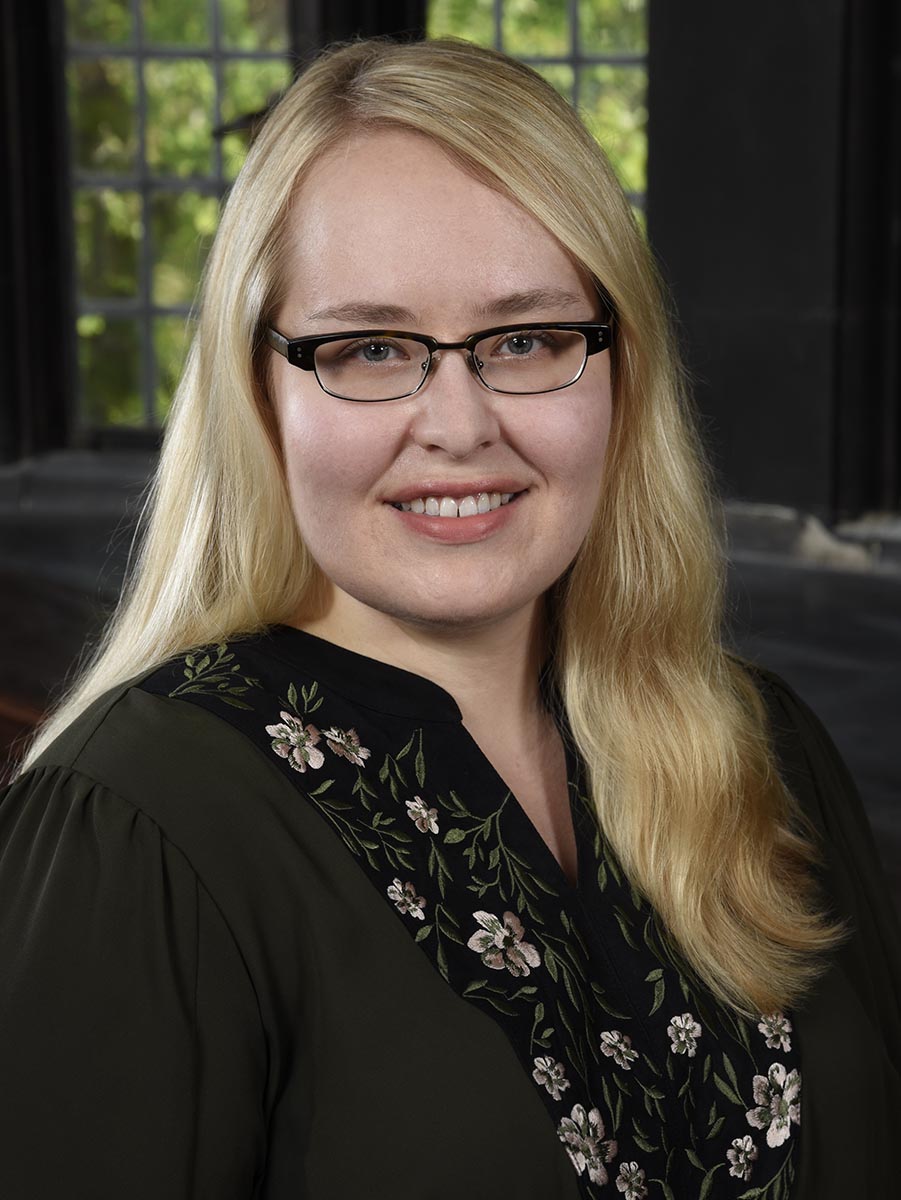
Stephanie Painter explores the intersecting histories of women, gender, sex, crime, and resistance in Qing China. Turning to the extraordinary to unlock new possibilities for our understanding of the everyday, Painter's book project entitled, “What She Had, What She Wanted: Wifely Defiance in Late Imperial China,” reclaims violence as an instrument of women's power. Drawing upon hundreds of homicide reports (xingke tiben 刑科题本) preserved at the First Historical Archives of China in Beijing about wives sentenced to death for killing their husbands, Painter argues that historians have underestimated the role of ordinary, non-elite women’s emotional, material, and working lives in shaping early modern Chinese society. The impressions that these “female criminals (fanfu 犯婦)” left on the archive move scholarship beyond an image of women as collaborators in the reproduction of patriarchy, making it possible to see the ways women not only worked within, but also pushed against and broke through, this gender system.
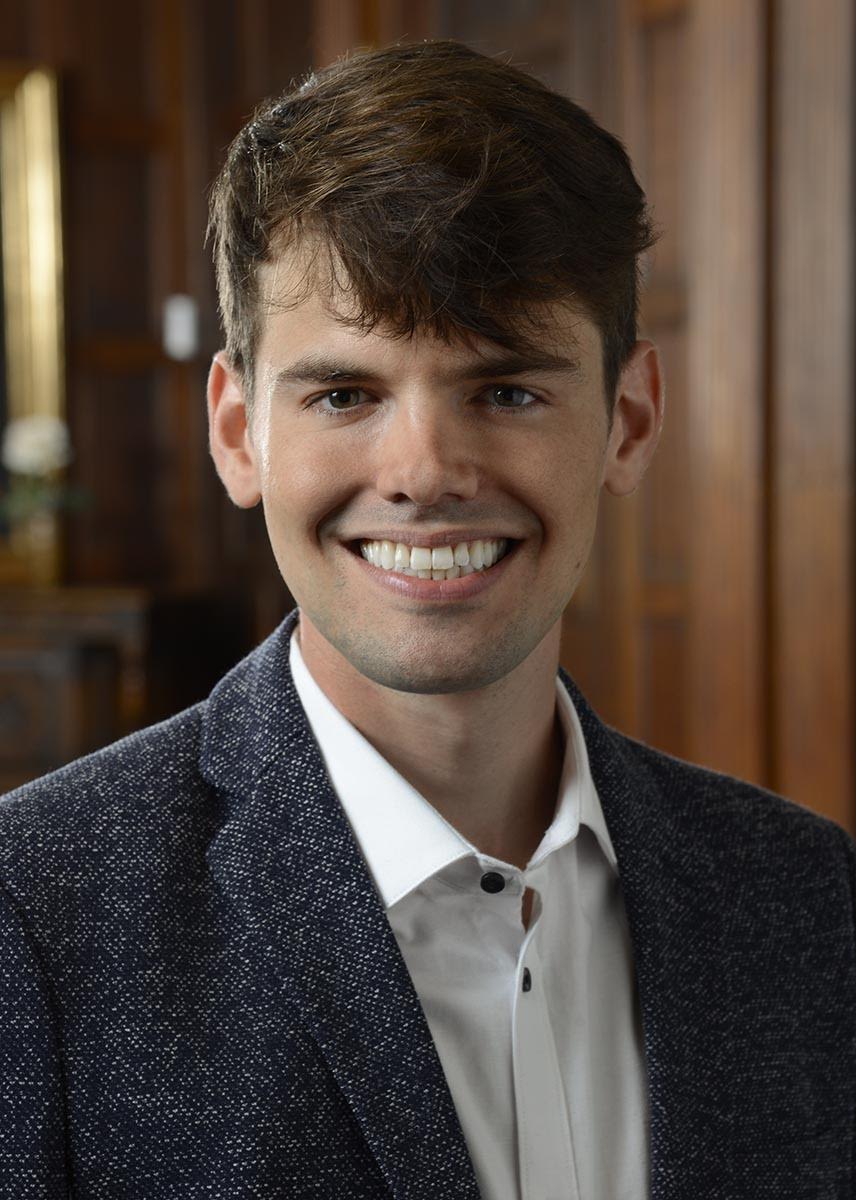
Corbin Page is a postdoctoral Teaching Fellow in the Social Sciences collegiate division. He studies legal history, the history of criminal law, civil detention, and the human sciences. His book project is a comprehensive history of the development of modern sex offender laws in the United States, spanning the late-nineteenth to the late-twentieth century. The project examines the expert discourses and laws that constituted sexual criminals as uniquely abject and dangerous. It also uncovers how the accused experienced and responded to this regime, showing how their successful midcentury legal challenges to arbitrary and discriminatory laws expanded sexual freedom for many queer people but also inadvertently contributed to the rise of the determinate sentencing movement and contemporary sex offender registration and notification laws.
Corbin has published work in the journal History of Psychology and in the Chicago Review. He holds a J.D. from the University of Texas School of Law and a B.A. in philosophy from the University of Florida.
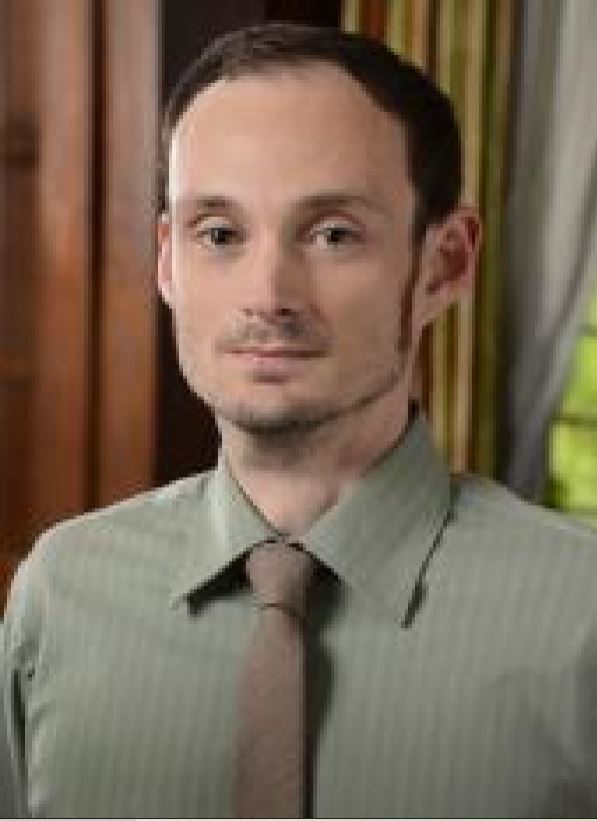
Nicholas Foster is a historian of capitalism and U.S. political economy. Specializing in the post-1980 financialized U.S. economy, he is interested in how social values structure economic policy. His first project investigates how, even as financialization wrought a new type of capitalism, older cultural narratives framed understandings of how to formulate and implement public policy through the 1980s. Specifically, the virtuous producer ideal, rooted in America’s agricultural past, continued to shape political imaginations for problem-solving in this new economic era. Nicholas earned his MA in US History (2016) from Tulane University and PhD in History (2023) from the University of Chicago.
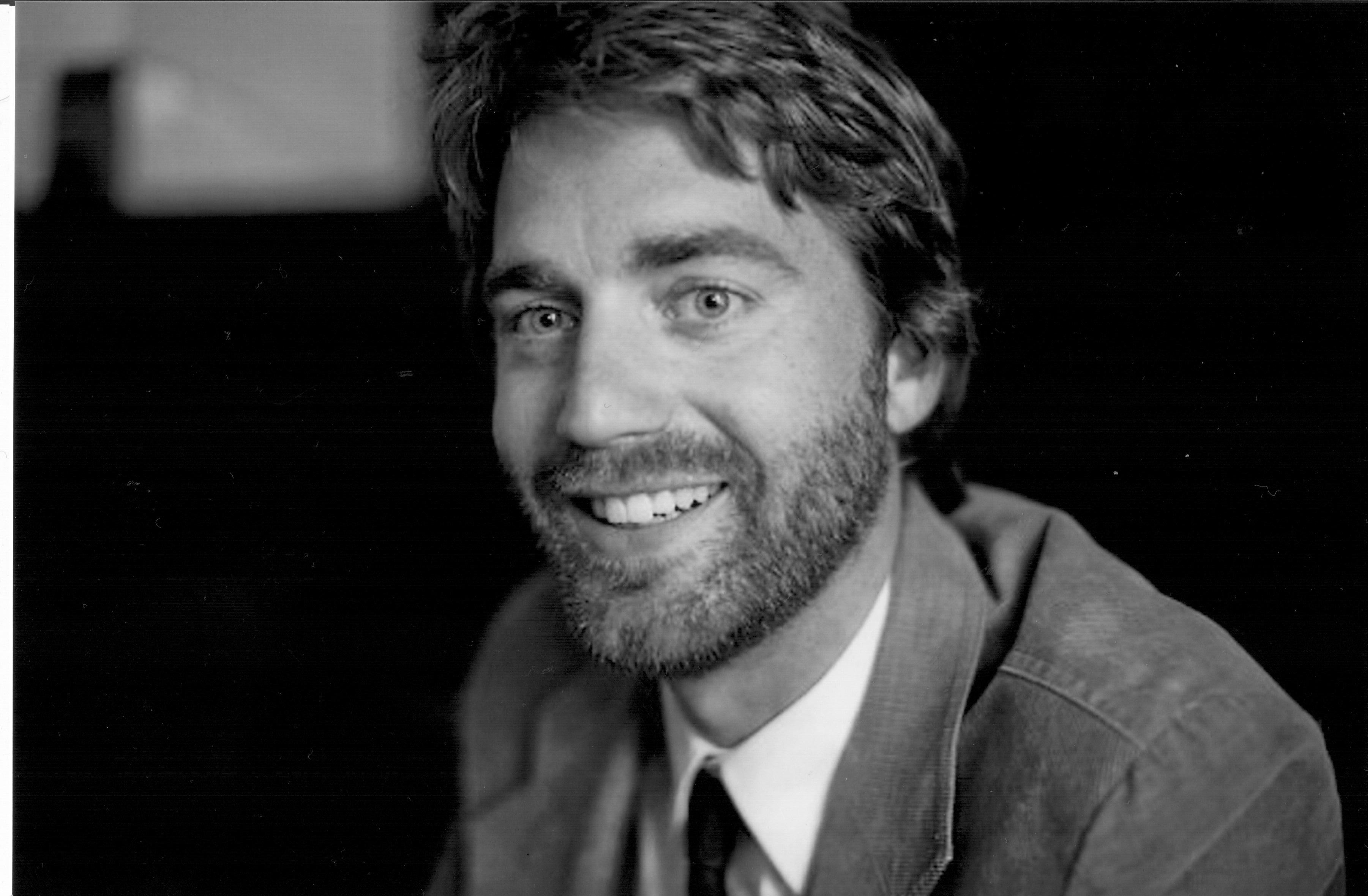
Jacob Betz is a postdoctoral Teaching Fellow in the Law, Letters, and Society Program. He also teaches in the American Civilization sequence. His research sits at the intersection of religion, law, and the family—specifically how religious groups harness state power on behalf of their youngest members. His first book project is tentatively entitled For the Souls of Children: American Faith and State Support of Religion, 1870-1970. Betz has published articles and book chapters on such topics as immigrant children’s religious practices, Native American religious freedom, and the legality of religious contracts.
Betz received his Ph.D. in History from the University of Chicago, where he held a prize lectureship in the Human Rights Program. His teaching interests include American religious history; law and religion; the history of American childhood; and theories of religion. He has taught previously at Harvard, UIC, and the University of Wisconsin-Oshkosh.
